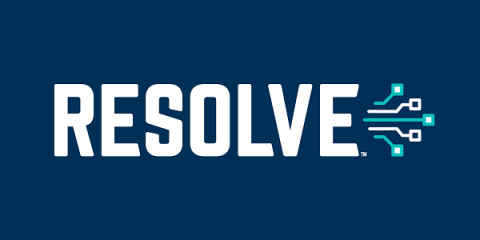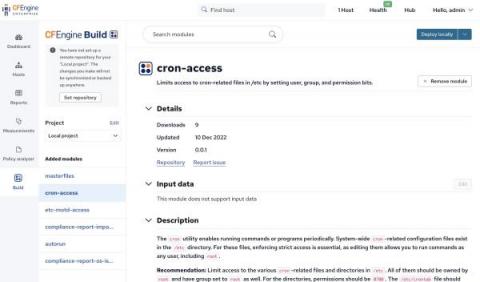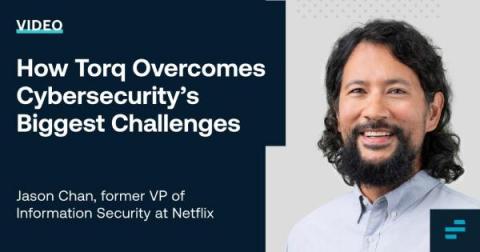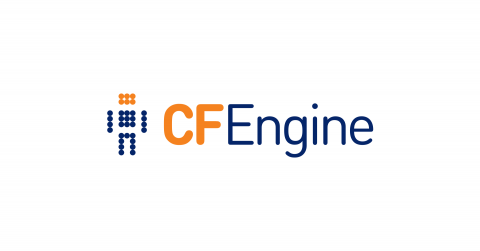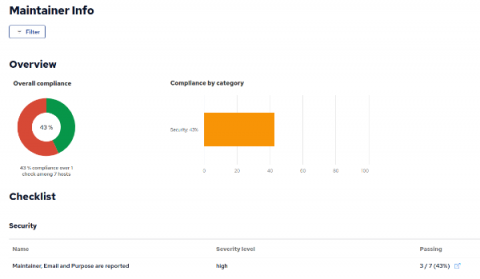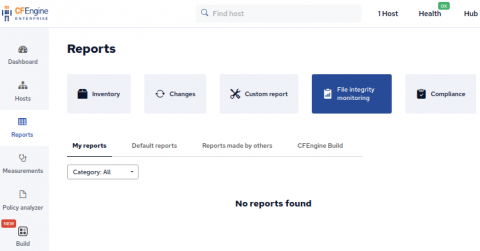Operations | Monitoring | ITSM | DevOps | Cloud
Automation
Resolve Actions ROI Dashboard | Resolve Systems
CFEngine 3.21 LTS released - Unification
Today, we are pleased to announce the release of CFEngine 3.21.0! The focus of this new version has been unification. Across our websites and UI, you should see that it’s a much more modern and unified experience, whether you’re reading this blog post on cfengine.com, browsing the new documentation site, looking for modules on the CFEngine Build website, or adding input to modules within Build in Mission Portal.
Jira Automation Demystified
Repetitive tasks can be time consuming. In an ideal world, automation would remove all of the grunt work when it comes to solving business problems, freeing us up to execute on more strategic decisions. Luckily, Jira has the capabilities to take a load of tasks off your hands – including tracking your issues, posts, features, and more. This blog will walk you through the options available and offer top tips on how to set this up.
Jason Chan on How Torq Overcomes Cybersecurity's Biggest Challenges
Jason Chan is one of the world’s foremost cybersecurity authorities and we’re extremely proud to have him as a member of the Torq Advisory Board. He’s a pivotal figure in driving adoption of security automation best practices at many companies, including Netflix, where he led the information security organization.
5 security hardening CFEngine policy examples
Throughout the security holiday calendar, we’ve looked at modules for enforcing security requirements. Writing the policy to achieve these security hardening goals is easy. By learning how, you can write policy (or modules) for any requirements, including those specific to your organization. In this blog post, we’ll take a look at five beginner-level examples to get you started, focusing on the most common resources to manage with CFEngine; files and packages.
Track maintainers and purpose for hosts in your infrastructure
When something goes wrong or looks fishy for a particular host in your infrastructure how do you know who to ask about it? In an infrastructure managed by many and used by many it is also helpful to know what each hosts’ purpose is. In this article we show how to add maintainer and purpose information to individual hosts in your infrastructure via the CMDB feature of Mission Portal. We will also add a Build Module to add this information to the /etc/motd file for each associated host.
File integrity monitoring with CFEngine
File integrity monitoring is an important aspect in managing your infrastructure. Tripwire and AIDE are often cited as necessary tools by compliance frameworks1,2,3. Of course CFEngine can manage a file to make sure it contains desired content, but did you know that CFEngine also has the capability to simply monitor a file for change? In this blog post we take a look at CFEngines’ changes attribute for files promises.
Security holiday calendar - Part 1
As it was well received last year, we decided to do another security-focused holiday calendar this year. The concept was roughly the same, but instead of only adding security hardening modules, we’ve also added in some other security advice and blog posts to improve the variety. Now that we’re halfway through to 24 (or 25), let’s recap the first half of the calendar.
Kubernetes Platform Management: Simplification Through Automation
Automation can reduce the complexity of Kubernetes deployment and management, enabling organizations to devote their energies to creating business value rather than wrestling with their Kubernetes infrastructure.


